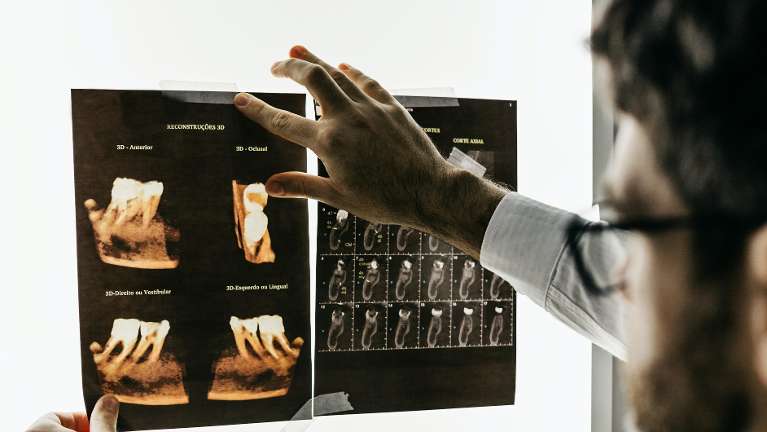
Navigating the complexities of oral health can sometimes feel like an ongoing journey, one that requires consistent care and attention. While we diligently brush and floss our teeth, there's often an unspoken concern lurking in the back of our minds – wisdom teeth.
Wisdom teeth, also known as third molars, are the last set of teeth to erupt, typically between the ages of 17 and 25. While wisdom teeth often serve no purpose and can even cause problems, many people choose to keep them. However, removing wisdom teeth can provide several benefits for your overall oral health. Understanding the potential complications associated with wisdom teeth and the benefits of their removal is crucial for maintaining a healthy, problem-free smile.
In this article, we will look at a few reasons why they should be removed.
Preventing Crowding and Misalignment
Wisdom teeth often lack sufficient space to erupt properly, leading to crowding and misalignment of other teeth. This can make it difficult to clean your teeth effectively, increasing the risk of cavities and gum disease. Removing wisdom teeth can create more space in the jaw, allowing other teeth to align properly and reducing the risk of these problems.
Preventing Impaction and Infection
When wisdom teeth erupt partially or incorrectly, they become impacted, causing pain, infection, and damage to surrounding teeth and bone. Impacted wisdom teeth are difficult to clean and can harbor bacteria, increasing the risk of gum disease and infections. Removing wisdom teeth eliminates the risk of impaction and its associated complications.
Protecting Jawbone Health
Impacted wisdom teeth can put pressure on the jawbone, leading to erosion and bone loss. Over time, this can weaken the jawbone and increase the risk of jaw fractures. Removing wisdom teeth eliminates this pressure and protects the jawbone from damage.
Improving Oral Hygiene
Wisdom teeth can be difficult to reach and clean effectively, especially when they are impacted or partially erupted. This can lead to plaque and tartar buildup, increasing the risk of cavities and gum disease. Removing wisdom teeth makes it easier to clean all areas of your mouth, promoting better oral hygiene and reducing the risk of dental problems.
Enhancing Overall Oral Health
By preventing crowding, impaction, infections, and jawbone damage, removing wisdom teeth can significantly improve your overall oral health. This can lead to fewer dental visits, reduced treatment costs, and a healthier, more confident smile.